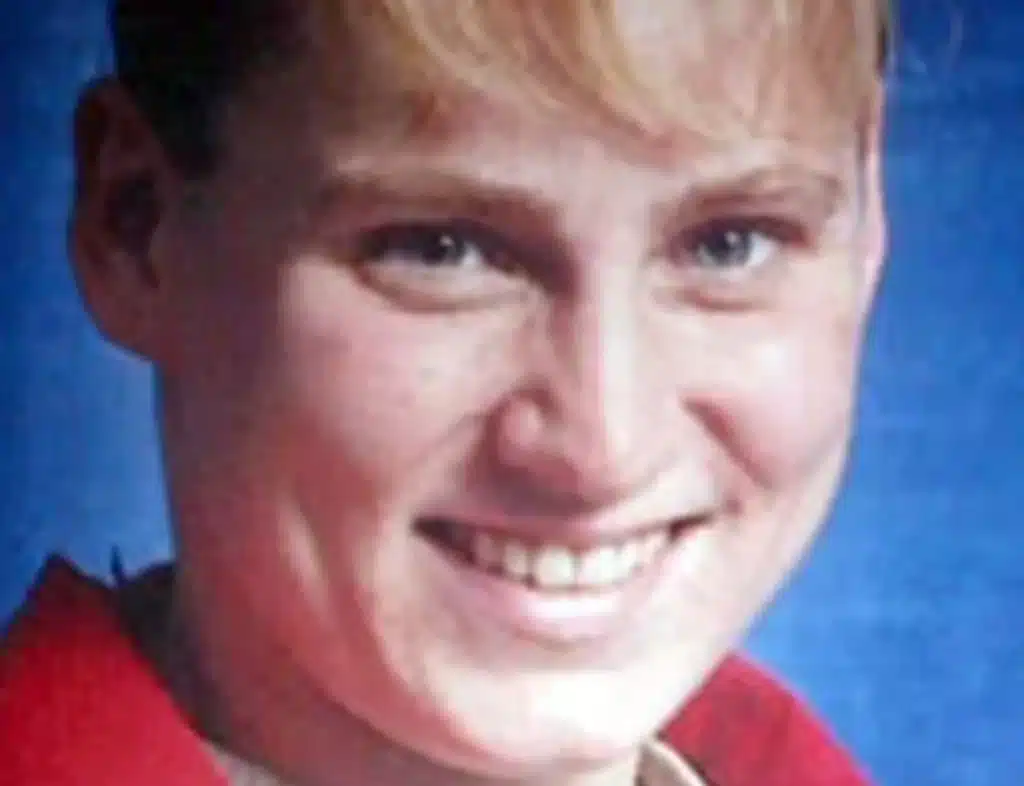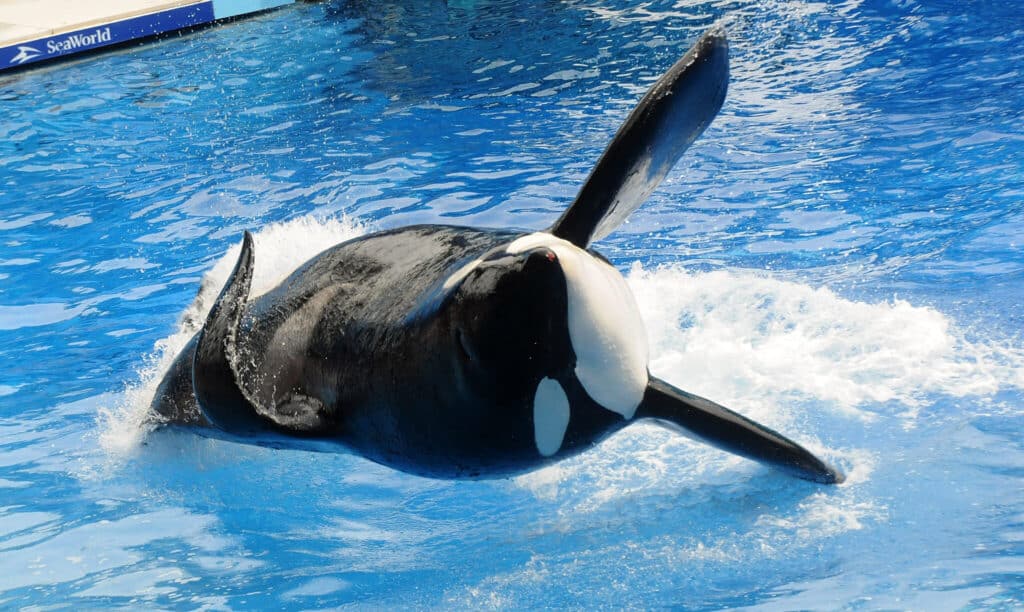Nature can be awe-inspiring, breathtaking… and utterly terrifying. As much as we like to think of ourselves as the dominant species on Earth, the truth is, when removed from our gadgets and our concrete jungles, we’re remarkably vulnerable—especially when face to face with creatures far more powerful than we are.
That’s why any encounter with wild animals, no matter how “controlled” the environment may seem, demands the utmost caution. Tragically, history is filled with reminders of what can go wrong when that line between human and beast is crossed—even by those with experience and the best of intentions.
One of the most haunting examples unfolded in 1991, when a young marine biology student and part-time trainer was killed in a chilling incident involving three captive orcas.
Keltie Byrne was just 20 years old when she lost her life. She had been working at Sealand of the Pacific in British Columbia, Canada—a marine park housing a number of sea creatures, including three killer whales: two females, Haida II and Nootka IV, and a massive male named Tilikum.
Tilikum’s name would later become infamous in the world of marine parks. But back then, he was simply one of the park’s star attractions. Captured off the coast of Iceland at the age of two in 1983, Tilikum had already endured years of captivity by the time he ended up at Sealand. Alongside the two female orcas, he was confined to a 26-foot deep pool—an enclosure many animal welfare advocates later described as woefully inadequate for such enormous, intelligent creatures.
On that fateful day in February 1991, Keltie slipped and fell into the orcas’ tank. What happened next is as heartbreaking as it is harrowing.
Eyewitnesses and colleagues reported that Tilikum and the two females immediately swam toward her. Despite frantic efforts from Sealand staff, Keltie was repeatedly pulled underwater. The whales blocked rescuers and refused to let her reach the edge or grab onto a life ring.
Karen McGee, another trainer present that day, later recalled: “I just heard her scream my name. I threw the life ring out to her. She was trying to grab the ring, but the whale wouldn’t let her.”

For the orcas, it may have been play. But for Keltie, it was a deadly game she didn’t consent to. In one of the most chilling moments, park visitors claimed they heard her cry out, “I don’t want to die.”
She didn’t survive.
Sealand of the Pacific closed permanently following her death. The three orcas, including Tilikum, were sold to SeaWorld in Orlando, Florida. But the story didn’t end there—far from it.
In 1999, the body of a man named Daniel Dukes was found in Tilikum’s tank. SeaWorld claimed he had stayed behind after the park closed, only to slip or climb into the tank overnight. How exactly he died remains a mystery, but Tilikum was again at the center of controversy.
Then, in 2010, came the tragedy that would push the conversation around captive orcas into the global spotlight. During a live performance at SeaWorld, senior trainer Dawn Brancheau was killed by Tilikum in front of a stunned crowd. The six-ton whale had dragged her underwater, thrashing her violently and refusing to let go. Her death made headlines worldwide and was the subject of the critically acclaimed documentary Blackfish, which exposed the dark realities of keeping orcas in captivity.

The backlash was swift and fierce. SeaWorld faced protests, plummeting attendance, and a public relations crisis that ultimately led the company to end its orca breeding program and stop theatrical shows featuring killer whales.
Tilikum lived out his final years in captivity, dying in 2017 from a persistent lung infection. He was estimated to be around 36 years old.
His legacy is one steeped in tragedy—not just for the three lives lost, but for the larger conversation his story helped ignite about the ethics of marine mammal captivity.
And for those who remember Keltie Byrne, her name remains a heartbreaking reminder that even the most passionate and dedicated caregivers can fall victim to the unpredictable power of nature.
